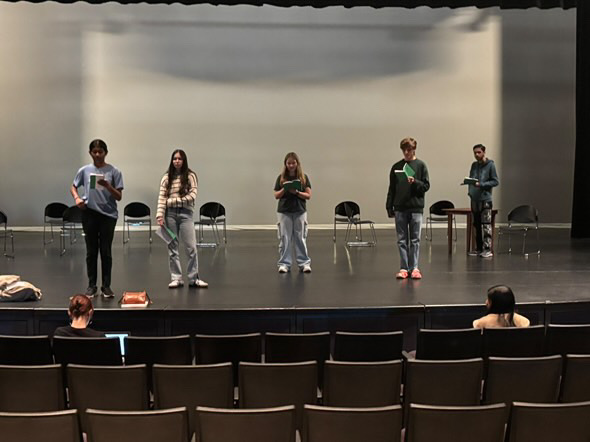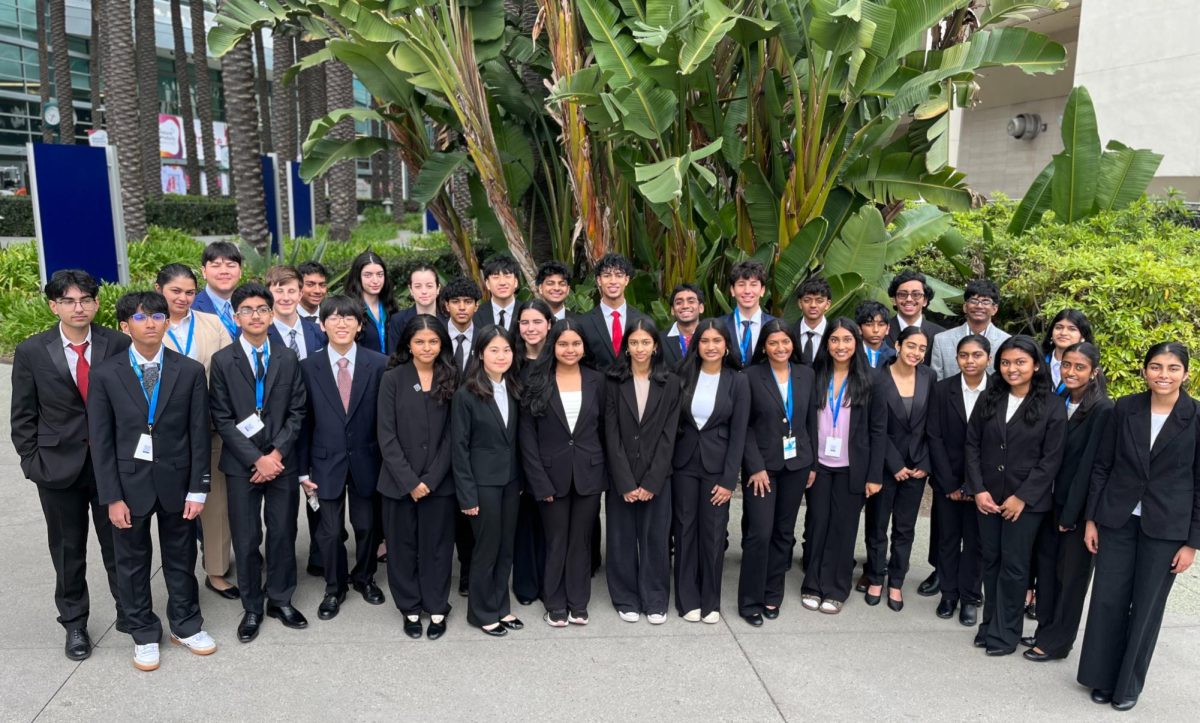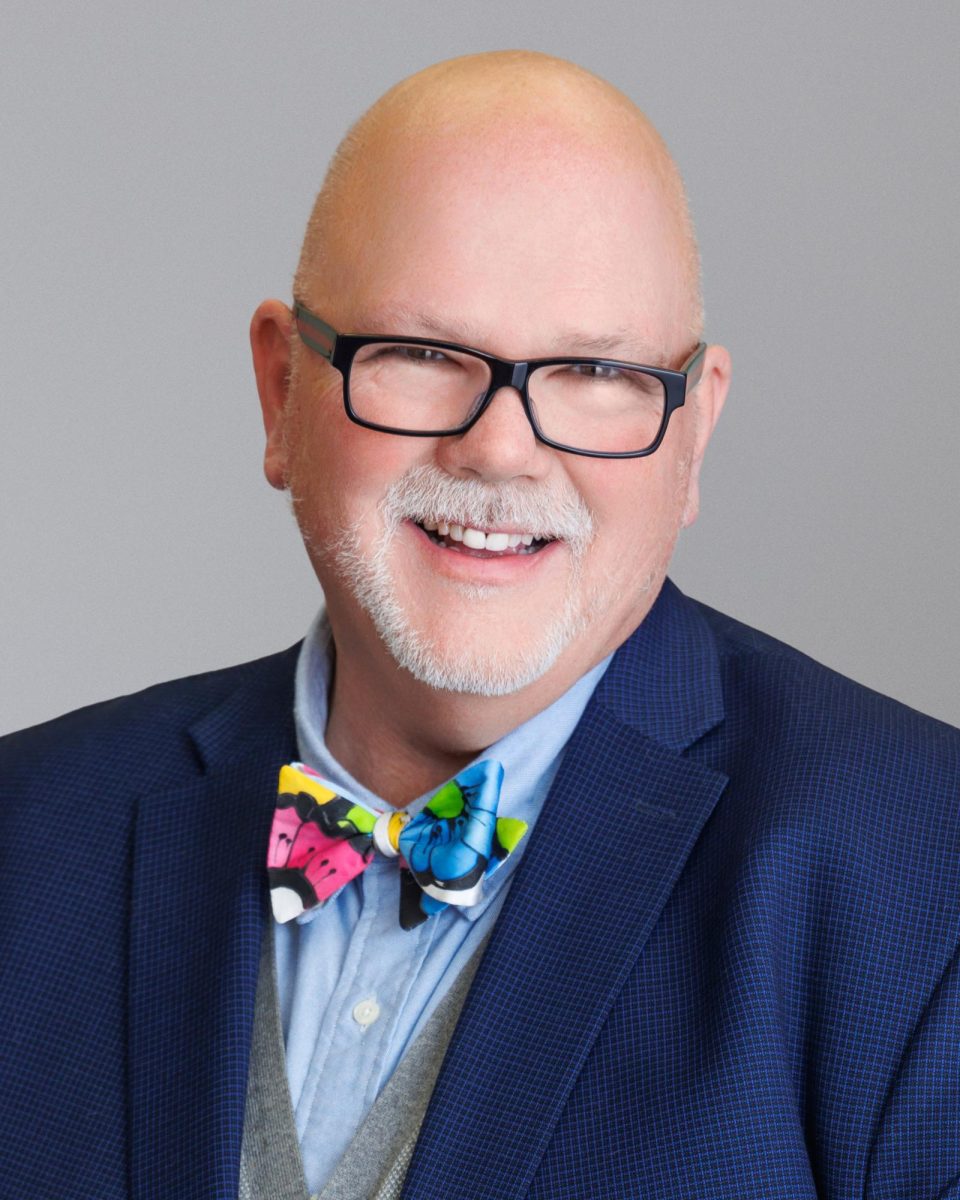Beginning in the 2023-24 school year, freshmen throughout the Santa Clara Unified School District are required to enroll in a semester-long ethnic studies course. At Wilcox High School, the course is taught by three instructors — Mr. Stott, Ms. Hight, and former vice principal Mr. Niczewicz.
Ethnic studies is the study of social and political issues ranging from the past to present-day United States. This course takes the experiences of individuals throughout United States history to educate students and make them more conscious about their communities. “I think the ethnic studies class is important because it brings awareness to certain issues and teaches us how to make a change in our community,” Alessandra Myslinski, a freshman at Wilcox, expresses.
“Ninth-grade Ethnic Studies enriches students’ understanding of the world and equips them with vital skills to thrive in an increasingly diverse and interconnected society,” emphasizes Mr. Baldwin, Santa Clara Unified School District’s director of Secondary Education.
Students are able to connect the material they learn in the course to their own lives and build bridges between them and their peers’ experiences. “I feel that students are a lot more engaged in ethnic studies in comparison to traditional history courses because it covers topics such as identity, which allows them to really think about themselves,” Mr. Stott expresses.
The ethnic studies course became more in demand in school curriculums nationwide in light of the recent attention brought to themes of diversity, mental health, and other issues during the COVID-19 pandemic.
Ethnic studies was not only mandated within Santa Clara Unified School District, but throughout the whole state as well. In October 2021, California’s governor Gavin Newsom signed the Assembly Bill 101, a legislature that requires all school districts within the state to add a semester-long ethnic studies course to their curriculum by the 2025-2026 school year. California is the first state to require the course for graduation. All students beginning with the class of 2030 must have completed the course to graduate. “[Santa Clara Unified School District] has started [the class] a couple of years early and it is a freshman class that pairs with P.E. Health,” Mr. Stott states. “I believe it was added to freshman year because there had not previously been a Social Science class for that grade level”. Prior to the addition of the Ethnic Studies course, the majority of freshmen only took six classes: English, Math, Science, a foreign language, an elective, and physical education. Social Science was only required for 10th through 12th graders. Additionally, Health was a quarter-long graduation requirement for juniors. Once the class of 2026 concludes their junior year, Wilcox will only offer the Health course for freshmen.
Santa Clara Unified School District was not the first district in the Bay Area to adopt the ethnic studies course. The San Francisco and Oakland school districts added the course long before the state-wide mandate – in 2015 and 2016, respectively.
Despite the high demand for teaching this course in schools throughout the nation, there has been a wave of backlash for teaching an arguably controversial course to school-aged children, even from within the Santa Clara Unified School District.
The Informed Parents of Silicon Valley, a non-profit conservative organization, has gained recognition for circulating around Santa Clara Unified School District schools and handing out pamphlets that encourage parents to retain control over what their children learn in school, mainly focusing on opting out of allowing their children to learn the critical race theory and LGBTQ studies. In the district’s stance on inclusive curriculum, it states: “There is no statutory process by which families may opt out of curriculum that refers to gender, gender identity or sexual orientation.” The district also mentions that opting out of the California Healthy Youth Act only applies to the instruction of sexual education and not issues such as gender and sexual orientation.
“[Ethnic studies] fosters cultural awareness, critical thinking, social justice, academic success, and a more inclusive and equitable educational experience,” Mr. Baldwin expresses. Despite the heavy controversy behind the ethnic studies course, many argue that the course is an exceptional learning opportunity for freshmen who are beginning to prepare for the “real world” and the societal issues that they will be exposed to.







